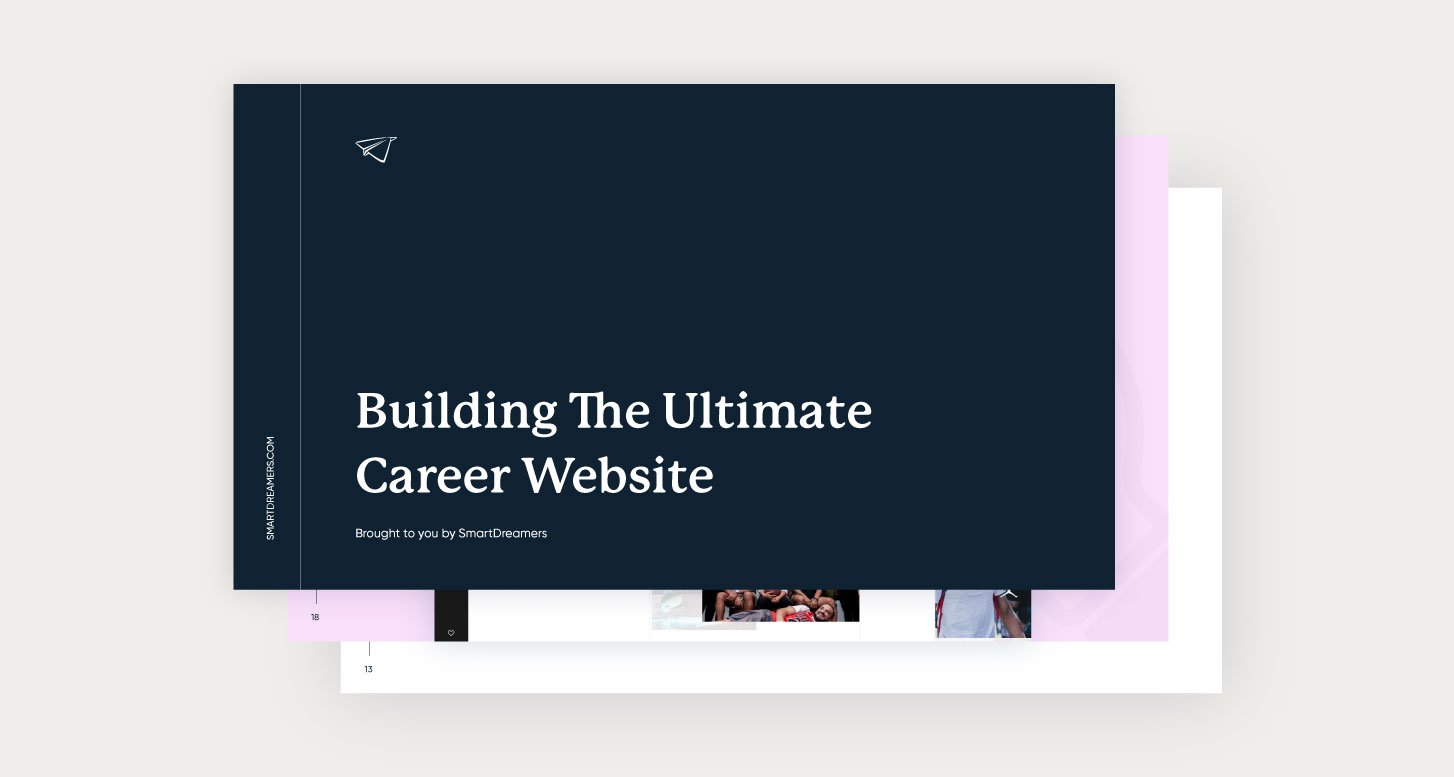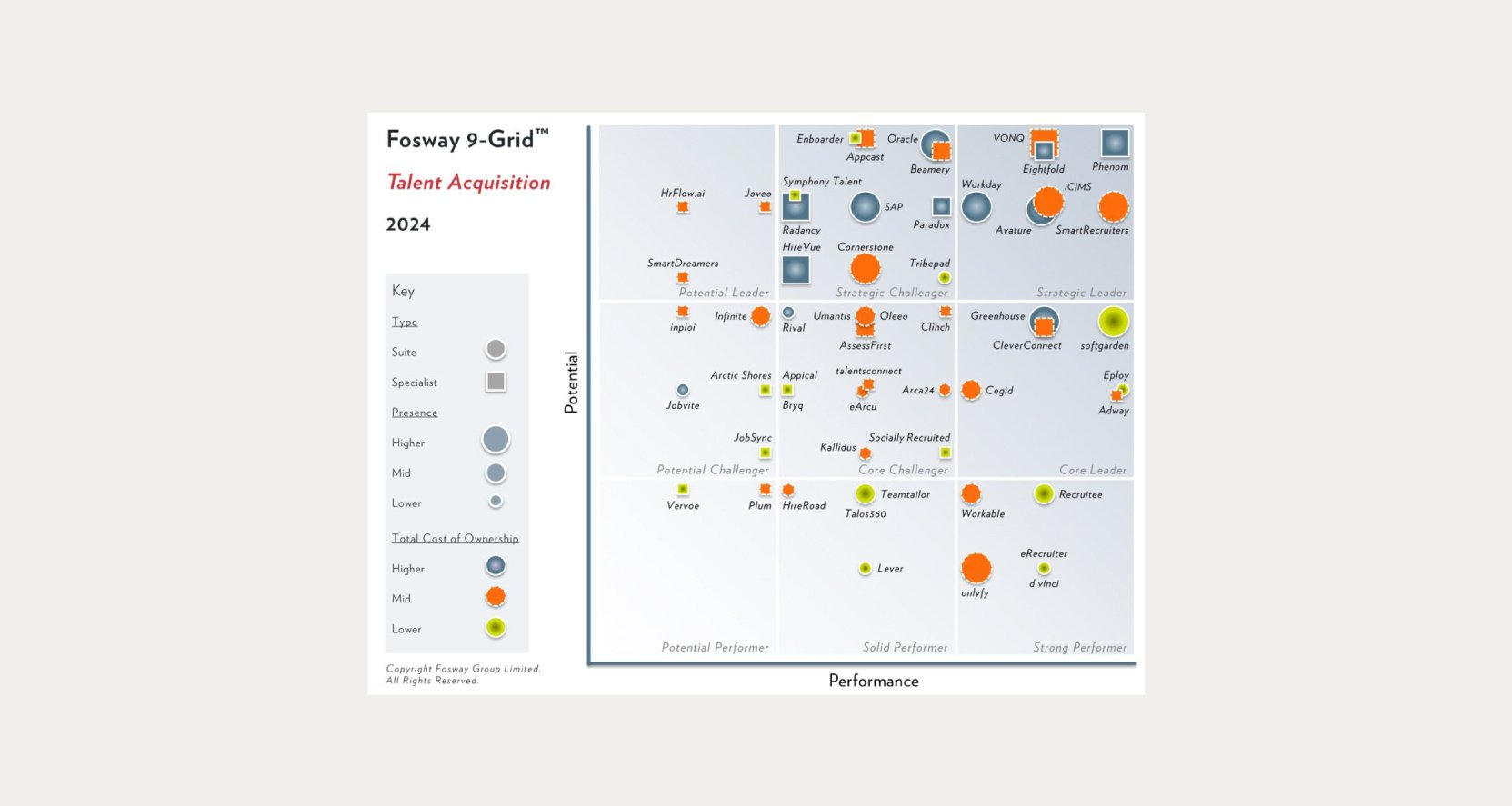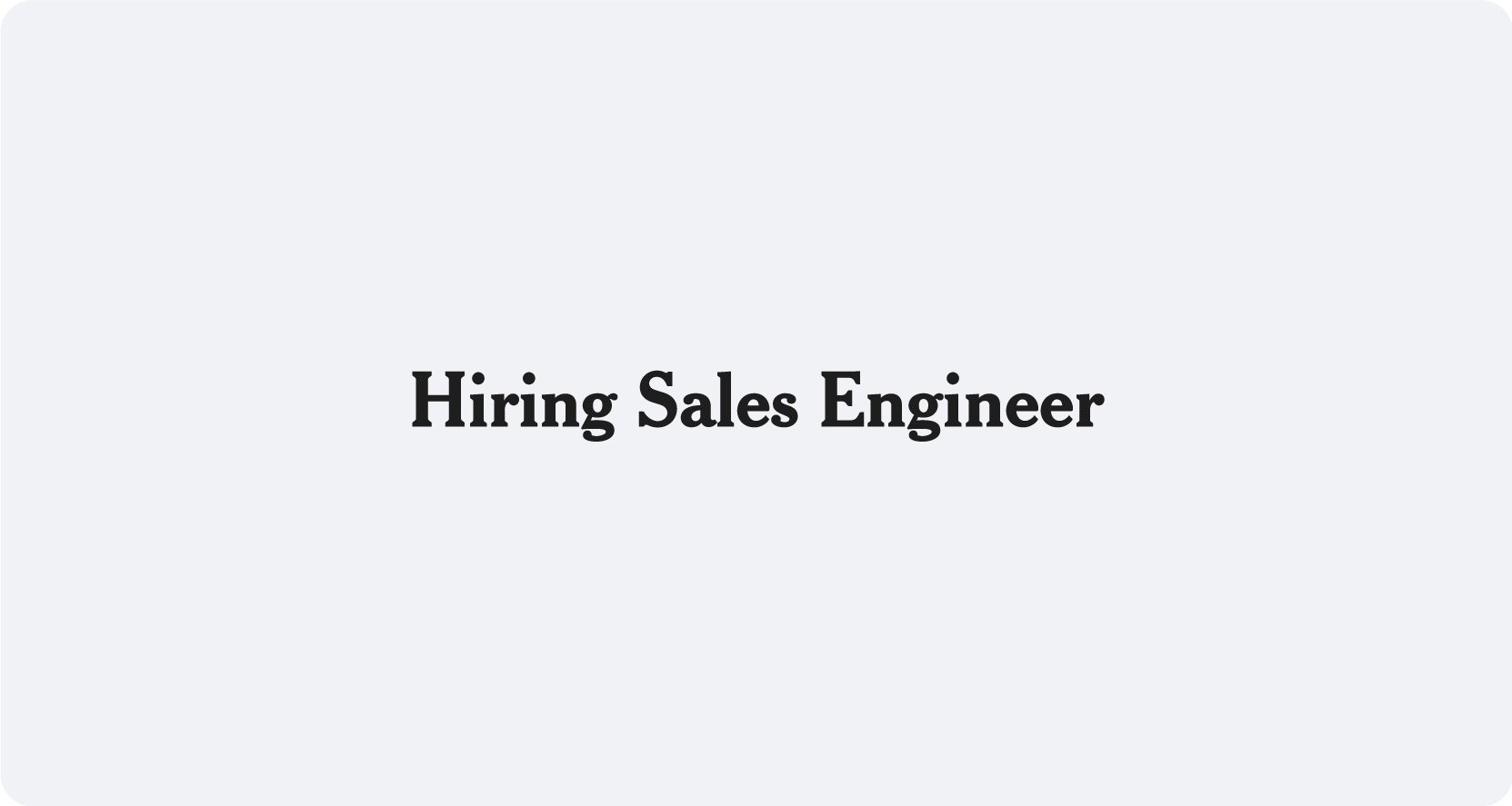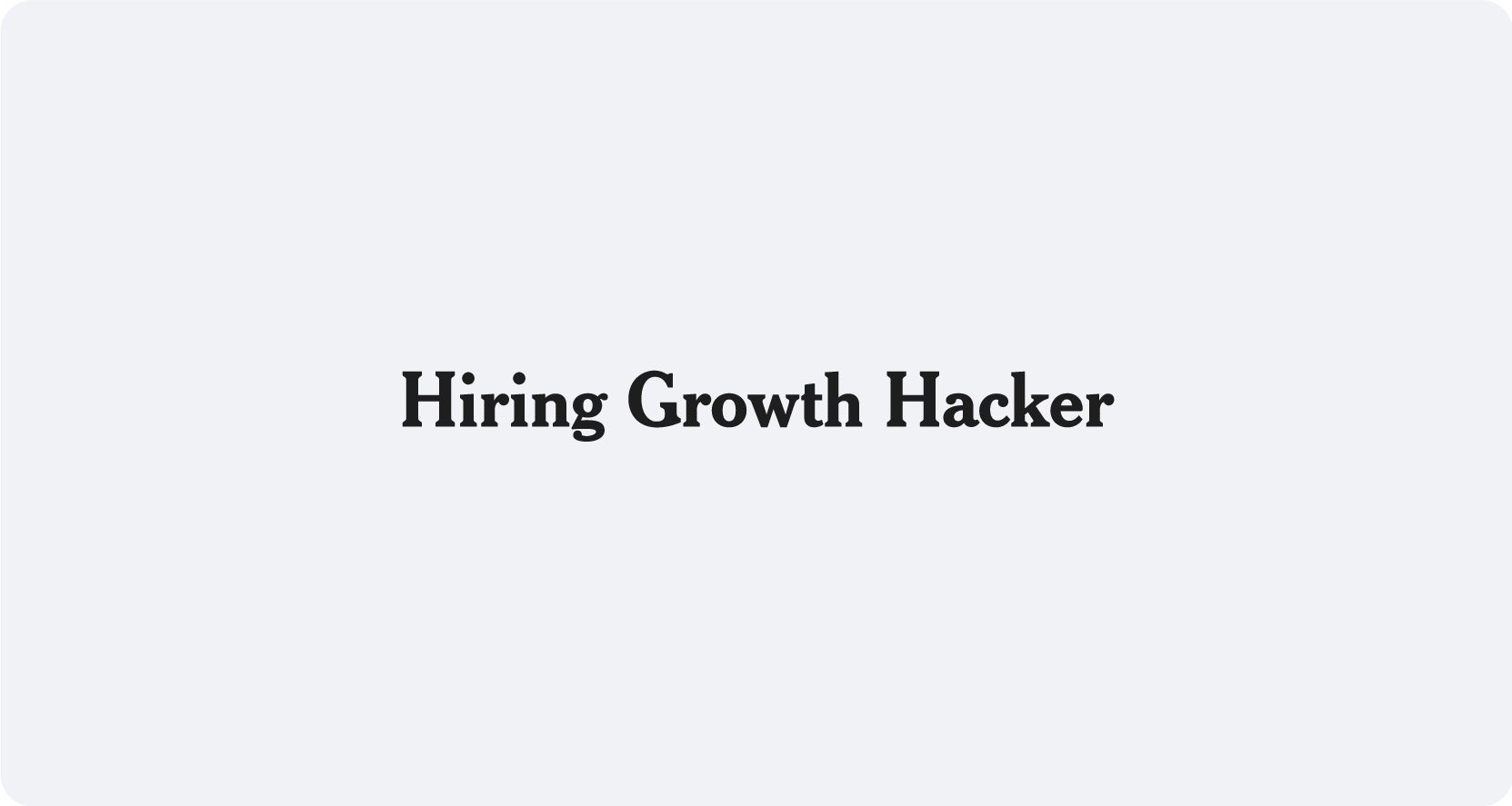For years, most businesses have had things backwards. Conventional wisdom held that the application and interview processes were good ways to test the devotion of your applicants—after all, if a candidate wasn’t willing to spend 20 minutes filling out an online form, or wait two weeks for a response to her application, how could a company expect that person to be a dedicated and invested employee? Unfortunately, in an era where competition for the best talent is at its fiercest, this type of attitude can come at a steep price: losing high-quality applicants to companies that offer a better applicant experience.
Even if you’ve come around to thinking of the application process as your opportunity to present your best image to qualified applicants, you may still think of applicant experience as something of a luxury, or a series of inessential niceties. Don’t. Applicants often think of their experiences with the hiring process as a proxy for how they would be treated as employees, and the effects of treating candidates particularly well or particularly poorly can ripple through your entire talent pipeline. In a recent study, more than half of applicants who had had a positive recruiting experience reported that they would recommend that their colleagues apply to the organization in question, while 27% of candidates who had had negative experiences would actively discourage colleagues from applying. Thus, not only does a poor applicant experience affect the candidates in your talent pipeline, it can even increase the difficulty of adding new applicants to the talent pool.
Applicant experience was even shown to have an impact on a given candidate’s willingness to purchase goods or services from the company in the future. Thus, with a less-than-stellar pathway from application to hiring, you may see an impact not just on recruitment efforts, but on your immediate bottom line.
The Importance of Landing Pages
Given the importance of leaving a good impression on any potential future hires, you might be asking yourself, “where does the candidate experience begin?” In a sense, it begins the first time that a potential future applicant encounters your employer brand and begins to develop an understanding of what your business does and what sort of work environment it strives to create. In this way, carefully crafting and disseminating a strong employer brand across multiple channels and highlighting it on your own website is a crucial first step. In presenting yourself to future employees in a positive light, you can demonstrate the value that you place on their skills and their time.
One of the most crucial elements of this strategy is to construct attractive, easy to navigate landing pages for each of your job postings. Imagine for a moment that you’re a job seeker (especially a passive job seeker): you see a recruitment ad on Facebook and click the link to apply. All of a sudden, you find yourself staring at a confusing array of unrelated jobs and a mishmash of perplexing information. In all likelihood, your gut feeling about the company would be affected, and you might even think twice about applying for the position, worrying that the issues on the career page were suggestive either of organizational disfunction or poor regard for applicants’ time.
Conversely, being directed to a clean, straightforward landing page that offered useful information about the relevant position would probably leave you positively disposed toward the company. Whatever goodwill their employer branding had built up would be strengthened when you saw evidence of a practical commitment to making life easy for their people, be they employees or applicants.
Online Applications
If your landing page is costing you applicants, there’s also a good chance that your application process is as well. Again, the popular notion that a lengthy application process weeds out unqualified candidates is less accurate then ever. Yes, depending on your industry more than 50% of people will drop out of the recruitment process before submitting the initial application, but there’s no reason to believe that it’s only poor fits and low quality applicants that are dropping out. Likewise, there’s no reason to believe that smart, talented professionals won’t be put off by an online application that requires an hour to fill out and mostly involves retyping items that are already on an a typical applicant’s resume. Obviously, these online applications exist to save time for hiring managers and recruiters, but by streamlining the application it’s possible to signal to applicants that you value their time as well. In this way, you can work towards retaining the most in-demand candidates and moving them toward the interview stages of the process. The alternative may leave you with an applicant pool mostly comprised of candidates who don’t think they’ll garner interviews elsewhere.
The Interview Process
Of course, this is where the rubber meets the road in terms of capitalizing on the positive impressions you’ve made on your candidates, and having a smooth, courteous interview process is crucial to keeping applicants interested and engaged. The point, however, is that by the time a candidate reaches this stage, she should already be impressed with the candidate experience you’re providing. That way, when you respond quickly and transparently to applicant questions, give candidates the chance to talk to their potential team members, and implement other interview and post-interview best practices, your candidates will add their impressions to a strong positive foundation. Beginning the first time they encounter your employer brand and potentially culminating in a job offer, each step in the recruitment process gives your company the opportunity to delight potential hires with a smooth candidate experience. Anything else, and you risk alienating strong candidates.








